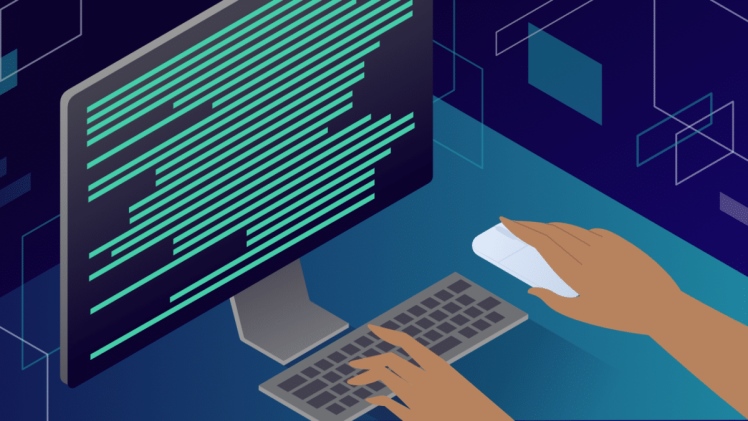Web development is one of the most in-demand online courses. If you’re not a web developer and you hear about web development for the first time, the first imagery that your brain will paint for you would be a webpage. And that’s mostly correct. As the name implies, web development has something to do with websites.
If you’re a web developer or a beginner just learning coding, you must probably be squinting your eyes after reading the title. That’s obvious; after all, who would ever see Python and web development on the same page? As a developer, you would probably think of HTML, CSS, and Javascript when you first think of web development. And that’s correct too, but there are many good reasons why you shouldn’t skip your Python lectures even if you work only on developing websites and webpages.
Python is a popular programming language that is used in a variety of fields, including data science, finance, web development, and scientific research, to mention a few. It is often the preferred language for people who want to learn programming owing to its syntax’s resemblance to the English language. What lets Python become so versatile is that it offers many libraries and frameworks specific to the user’s necessities.
Before moving on, we must acknowledge that web development is broad. There are many subparts, and not all of them require you to know Python, but that’s never a good reason to neglect Python if you want to advance as a developer. Moreover, nowadays, it’s possible to learn online owing to the popularity of online education apps.
Python for back-end development: Back-end development refers to server-side programming essential to functional websites. It includes databases, data processing, and storing, and it also helps in the complex functionality of the website. Python has an excellent, easy-to-learn framework to support your journey through back-end development. One of the most popular frameworks is Django. You will still benefit if you aren’t a back-end developer, as you can suggest changes and understand how everything works.
Python for prototyping: Due to the versatility of Python, it lets users build prototypes before deploying the product to the market for users to interact with the code. Developers need to test their code not only through the compiler but also by performing a run-through. In other words, it’s necessary to try how a website would perform before it is launched.
Python for data analysis: Most websites receive the bulk of data that needs to be analyzed to decide the strategies a company must incorporate to increase its user base. Other data, such as those collected through forms, must be stored in databases. Likewise, they need to be categorized for analysts to understand the trend in the information entered by the user.
Python for app development: Python is well-known in the app development field. A company with its website would likely like to advance to an app. Having an app increases the user’s accessibility and encourages more users to try out a product. It ultimately helps the company as it increases organic traffic.
Python for automation: Imagine you own a company with about 10,000 users, and each of them needs to receive a notification every time they buy a product on your website. Approving each notification manually often takes up a lot of time and effort. That’s where Python comes in.
Python is an excellent programming language used for various functions. While its usage in web development isn’t obvious, being fluent in Python would allow you to improve your code and your website’s functionality. So get to learn Python through online education apps.

